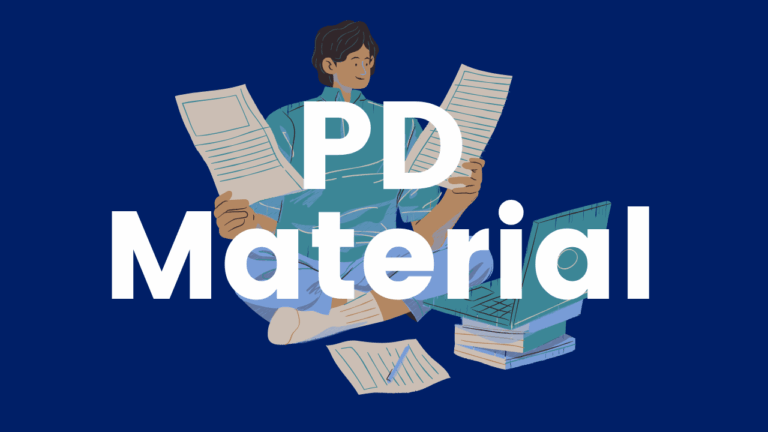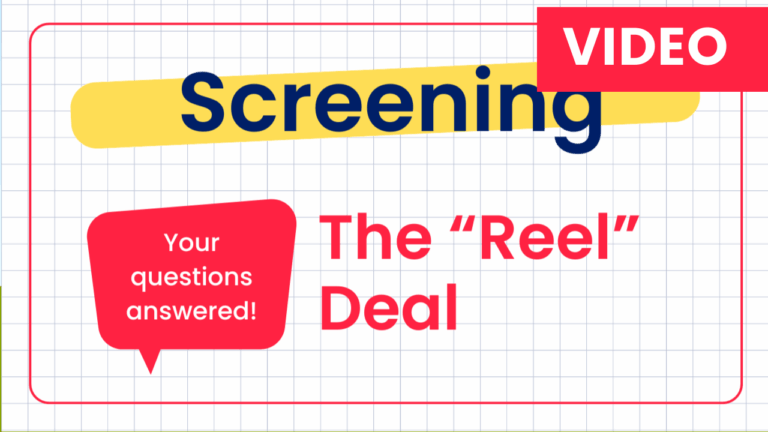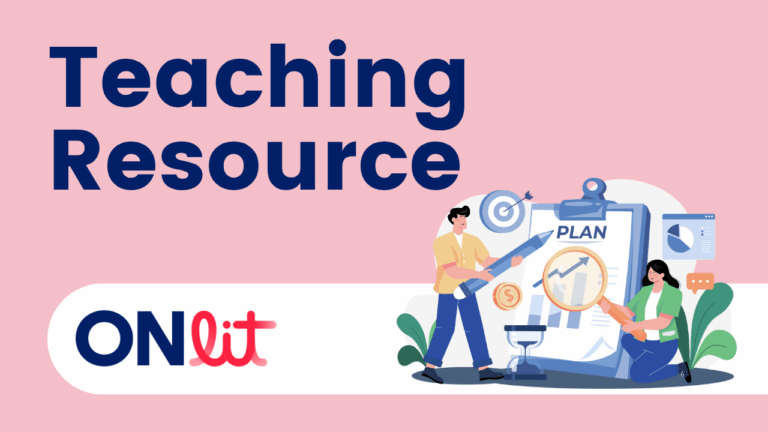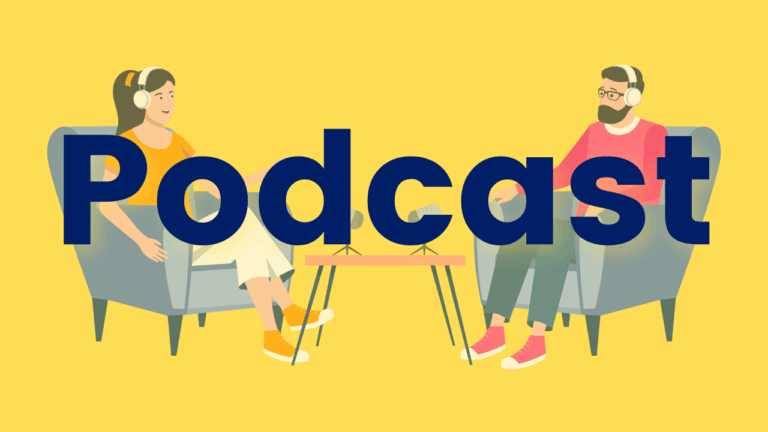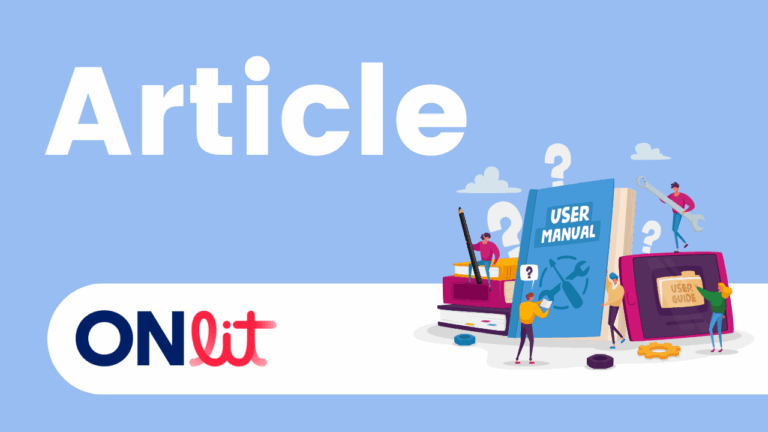Talk Moves Professional Development Series
Talk Moves are sentence starters and gestures that teachers and students can use to invite everyone into the conversation and encourage academic thinking. Learn how to create a classroom culture of talk and incorporate talk moves in your class through this Talk Moves PD Series. Starting September 2024, a new module will be available every…

